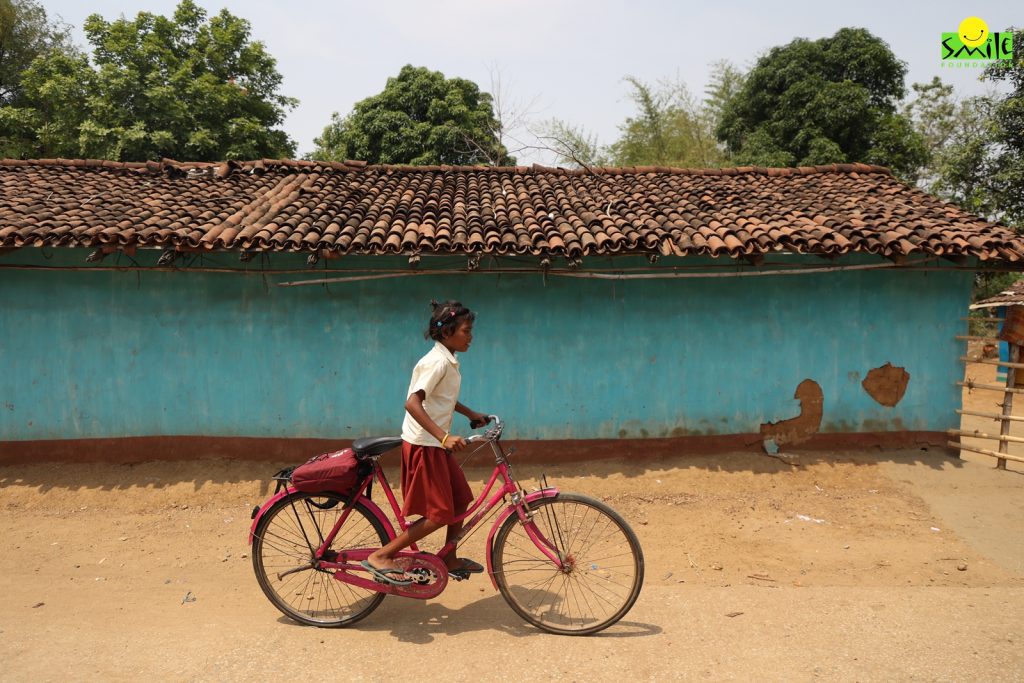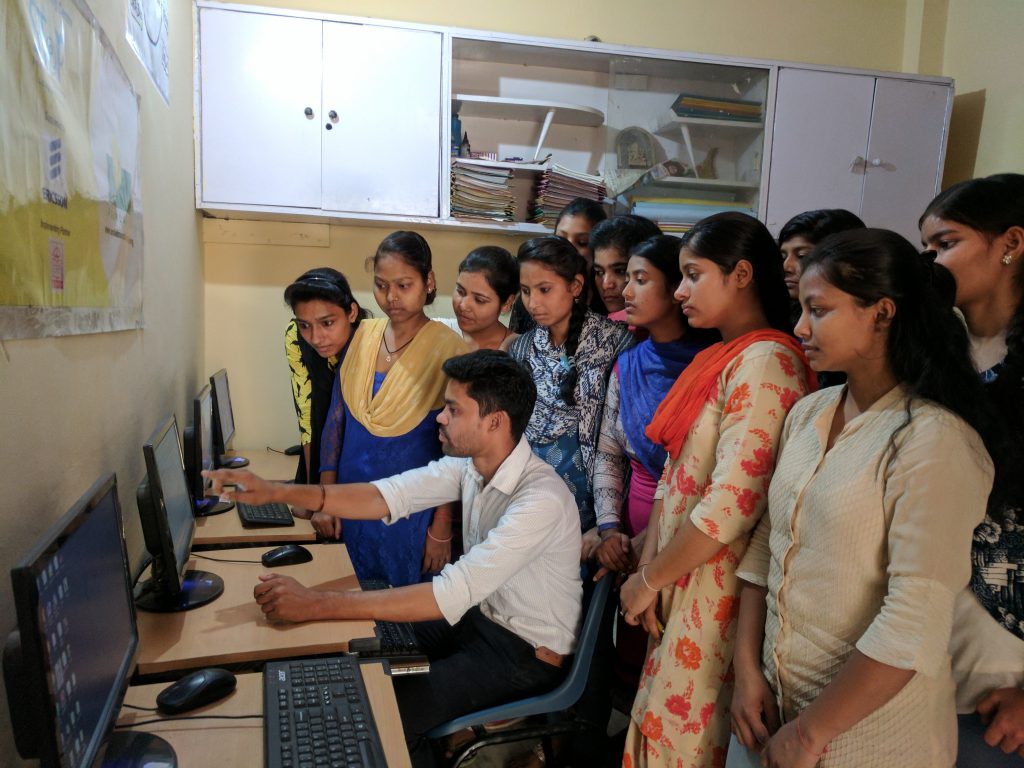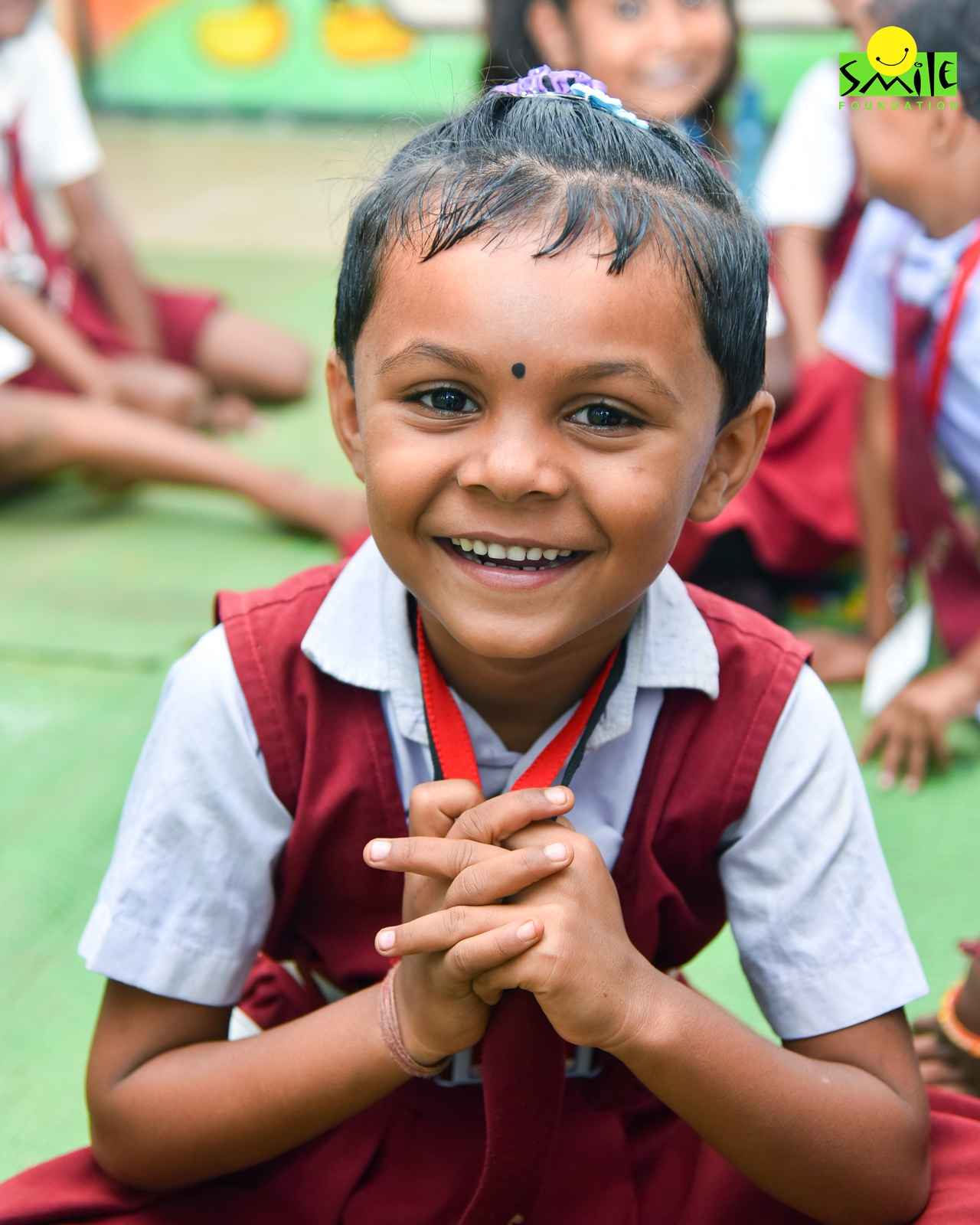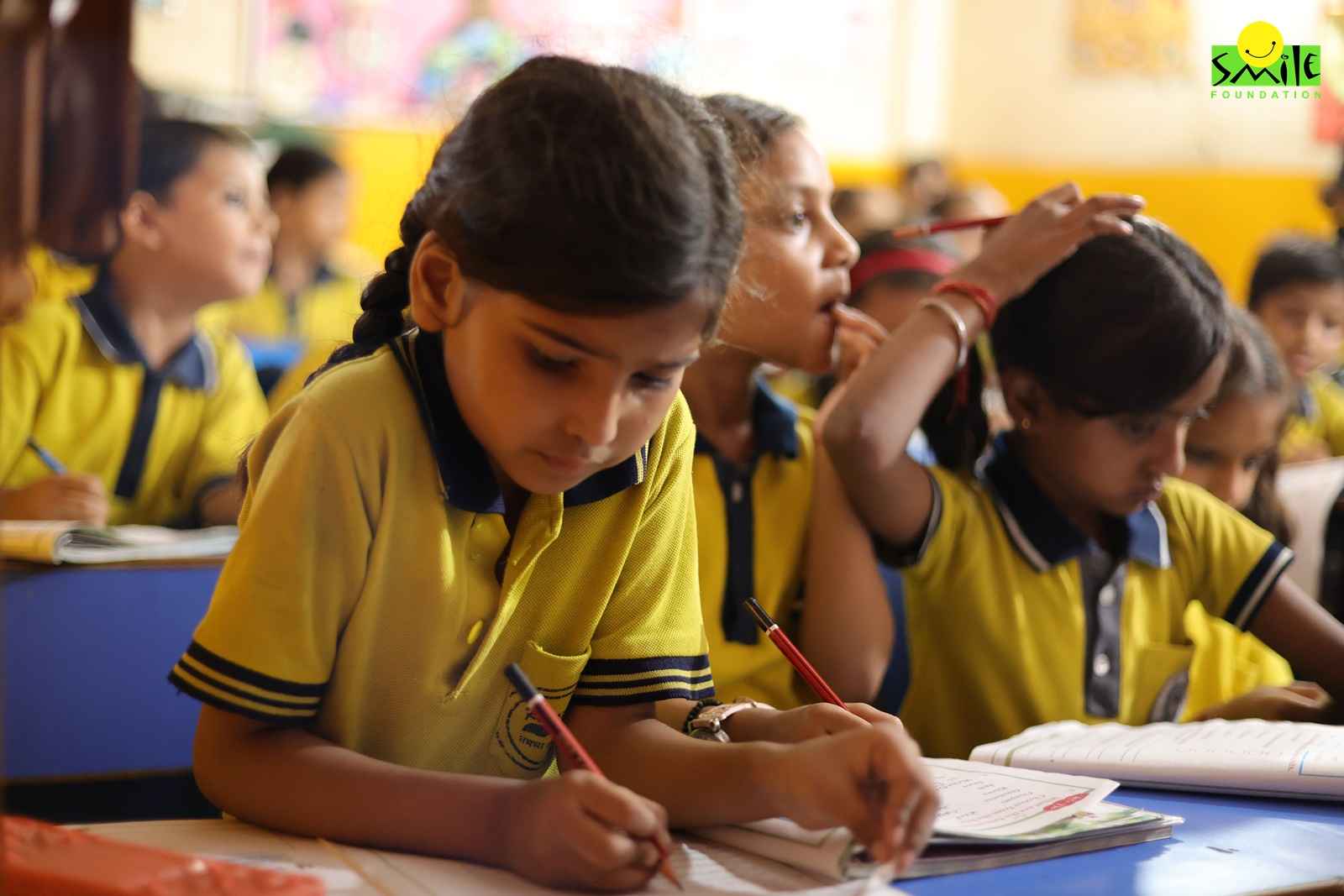Report cards have long been the traditional benchmark for assessing the academic performance of a child. The system of grades, percentages, and comments attempts to encapsulate the learning journey of a student within the confines of a standardized format. However, as we navigate the complex landscape of education, it becomes imperative to question the sufficiency of report cards in providing a holistic understanding of the educational development of a child.
While report cards serve as a snapshot of the academic achievements of a child, they often fall short in capturing the nuances that define a comprehensive education. The emphasis on grades can create an environment where the pursuit of high scores overshadows the genuine love for learning. Moreover, a singular focus on grades may not adequately reflect the creativity, critical thinking skills, or emotional intelligence of a child.
Importance of Holistic Assessment
The education of a child extends beyond the realm of exams and grades. Holistic assessment, encompassing a range of factors such as extracurricular activities, social skills, and emotional well-being, offers a more comprehensive view of child development. It is crucial to recognize that success in life is not solely determined by academic prowess but also by the ability of a child to navigate real-world challenges with resilience and adaptability.
In the Indian educational landscape, the debate over the efficacy of report cards has gained prominence. The country, with its diverse education system, faces the challenge of balancing the need for standardized assessments with the recognition of individual potential. In a nation where the pressure to perform academically is often intense, the question arises: Are report cards truly reflective of child education in India?
Indian education system places a significant emphasis on rote learning and examination results. The intense competition for limited seats in reputed educational institutions adds to the stress on students. In such a scenario, the limitations of report cards become glaring. They may not adequately capture a child’s ability to think critically, collaborate with peers, or pursue interests beyond the curriculum.
Moving Beyond Report Cards
Co-curricular activities play a pivotal role in shaping the personality of a child and their skills. Report cards, with their primary focus on academic subjects, often sideline the importance of activities such as sports, arts, and community service. In India, where cultural diversity is celebrated, students benefit immensely from participating in activities that foster creativity, teamwork, and a sense of social responsibility.
Many successful individuals in India attribute their achievements not just to academic excellence but also to the skills honed through participation in co-curricular pursuits. The story goes beyond grades, emphasizing the significance of the ability of a child to balance diverse interests and passions.
Report cards seldom provide insights into the emotional intelligence of children or soft skills, which are integral for success in today’s dynamic world. The ability to communicate effectively, work collaboratively, and navigate challenges with emotional resilience are vital components of a well-rounded education.
India, with its rich cultural heritage, values interpersonal relationships and effective communication. However, the current assessment system often overlooks these essential aspects. A shift towards holistic assessment would acknowledge the importance of emotional intelligence in preparing students for the complexities of adulthood.
Challenges and the Need for Reform
While the idea of holistic assessment seems compelling, implementing it on a large scale poses challenges. The sheer volume of students, coupled with societal expectations, makes it difficult to transition away from the familiar grading system. Additionally, standardized testing remains a convenient method for evaluating large cohorts, despite its limitations.
However, the need for reform is evident. Educational policymakers in India must reconsider the emphasis on rote memorization and standardized exams. A more flexible and inclusive assessment framework could better accommodate the diverse talents and potential of students.
While report cards offer a glimpse into a child’s academic performance, they are not exhaustive in assessing their overall education. The limitations of grades become particularly evident in the context of India, where the educational landscape is diverse and dynamic. A move towards holistic assessment, encompassing co-curricular activities, emotional intelligence, and soft skills, would pave the way for a more balanced and inclusive education system.
It is imperative for educators, parents, and policymakers to collectively rethink the purpose of education. By recognizing the multifaceted nature of a child’s development, we can foster an environment that encourages not just academic success but also personal growth, creativity, and resilience – qualities that are indispensable in navigating the challenges of the 21st century.
The commitment of Smile Foundation to holistic education aligns with the broader discourse on moving beyond the confines of traditional grading systems.
Smile Foundation’s Mission Education programme exemplifies a paradigm shift towards a more comprehensive approach. Beyond academic excellence, the programme focuses on nurturing the creativity, critical thinking abilities, and emotional intelligence of a child. By integrating co-curricular activities, promoting a love for learning, and addressing the socio-economic factors that impact education, Smile Foundation strives to create an environment where every child can flourish.









